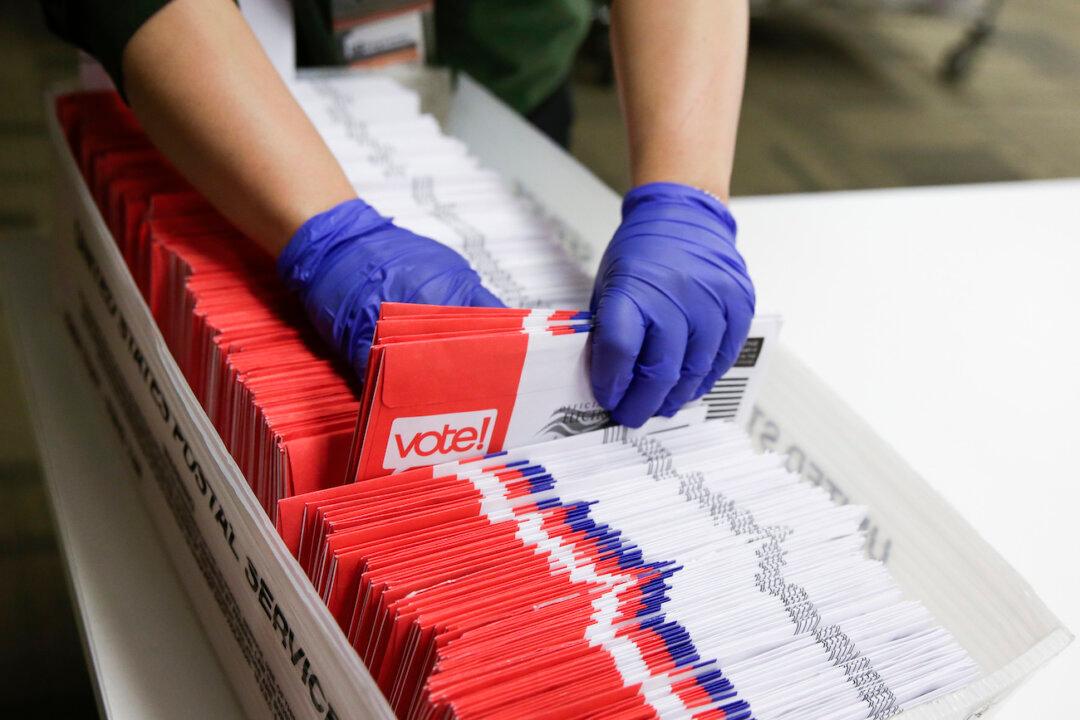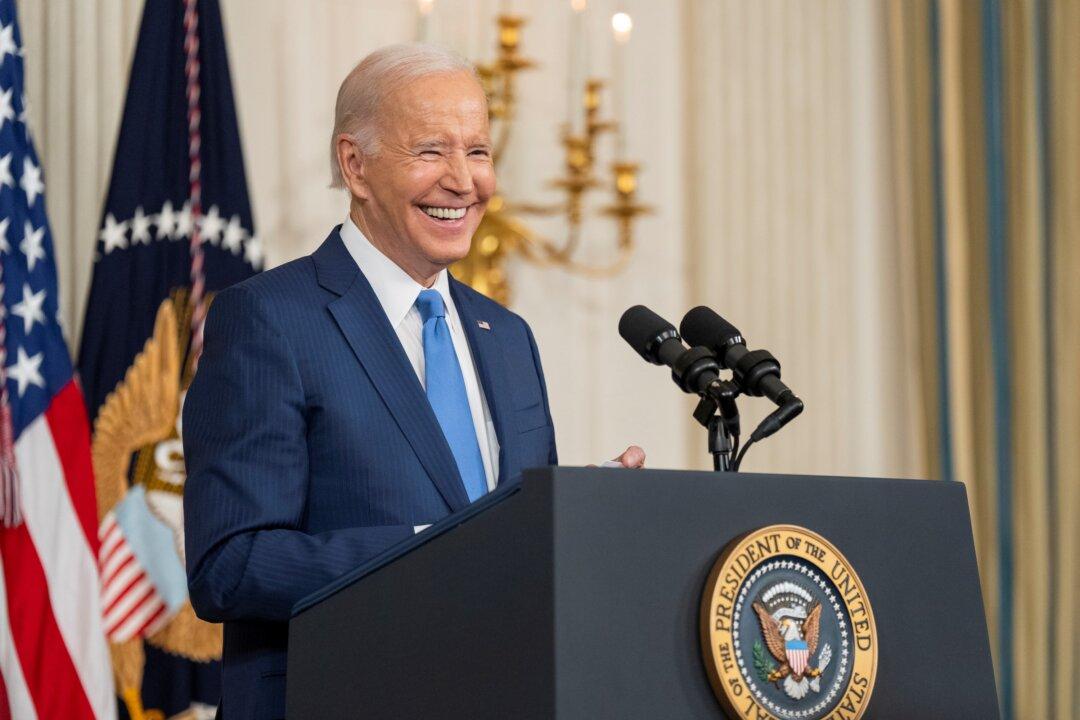Democrats and their progressive allies are vastly expanding their unprecedented efforts, begun in 2020, to use private money to influence and run public elections.
Supported by groups with more than $1 billion at their disposal, according to public records, these partisan groups are working with state and local boards to influence functions that have long been the domain of government or political parties.





